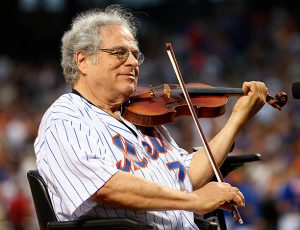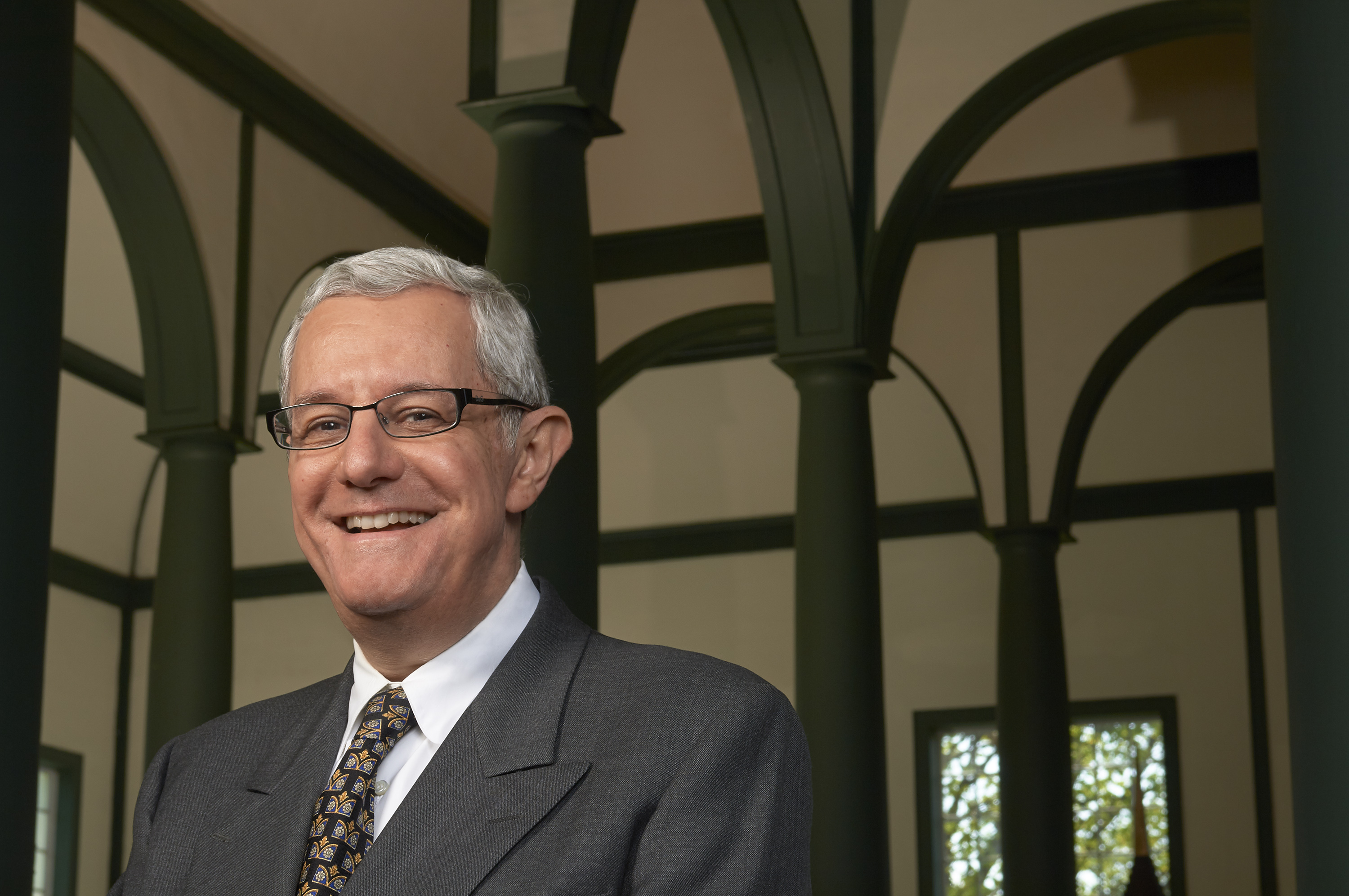by Stephen Cera

One expects violinist Itzhak Perlman to go first-class, and he does with the superb new documentary “Itzhak,” which I viewed at the tail end of Toronto’s recent Hot Docs Festival.
The wide-ranging film, which enlightens and entertains, was directed by Alison Chernick. Moving smoothly over 82 minutes, it appeals to anyone who cares about music and the life story of a remarkable man who has knitted himself into our cultural life.
Almost too easy to forget — or even to ignore — is the fact that Perlman (b. 1945) remains grievously afflicted by the polio he contracted as a child growing up in a poor neighborhood of Tel Aviv. (His parents, natives of Poland, emigrated to what was then the British Mandate of Palestine in the 1930s.) It’s sobering to consider the economic conditions in which the young prodigy grew up …at one point, his parents washed other peoples’ clothes to make ends meet.
Recognizing that their son possessed a huge talent for playing the violin, they did their best to introduce him to top-flight artists who regularly performed in the new State of Israel. In the meantime, the young fiddler worked diligently with his “first teacher” (who, strangely, is never identified by her name: Ilona Feher.)
Soon the young Perlman was relocated to New York, with support from the America-Israel Cultural Foundation and Isaac Stern. There he lived with his mother in a Manhattan walk-up apartment and commuted uptown for lessons at the old Juilliard School with Dorothy DeLay. In the summers, he went to master pedagogue Ivan Galamian at Meadowmount, in upstate New York.
He got his now-famous break from the Ed Sullivan Show, the popular Sunday night CBS-TV variety program. Sullivan invited the boy to play on his “really big shew,” and a national audience witnessed Perlman’s talent for the first time. The rest, as they say, is history. Perlman won big competitions and was widely acknowledged as the foremost violin talent of his generation.
I first heard Perlman play (live) in the Fall of 1969, when the violinist was 24 years old. He gave a recital with the late pianist Samuel Sanders that impressed above all for the ease and brilliance of his playing, the emotional intensity, and the sheer ease of that brilliance and intensity. He had already established a fruitful musical partnership with Russian pianist Vladimir Ashkenazy, which resulted in acclaimed tours and award-winning recordings.
Since then, Perlman has “crossed over” into a variety of musical genres in addition to classical. His commercial success has been phenomenal. “Itzhak” faithfully captures him performing in a variety of settings: a solo violin take on The Star-Spangled Banner at the start of a Mets home game at Citi Field; jamming with both Billy Joel and raga musicians from India; and playing standard repertoire (Bruch’s Concerto No. 1) with the Israel Philharmonic and Zubin Mehta.
The film also shows excerpts from a 1974 performance given in Israel, in which the native son plays with burning commitment. Today the violinist is more likely to apply an impasto of expression on whatever he touches. But that 1974 excerpt from Bach’s unaccompanied Chaconne for solo violin offers still more, and quite overwhelms with its fervor and cumulative intensity.
Elsewhere, the camera navigates locations all over Manhattan, including his current apartment, where he rehearses Tchaikovsky with pianist Evgeny Kissin and cellist Mischa Maisky; and recording sessions for a Bach Sonata with Martha Argerich.
Perlman cooks and eats in his kitchen, schmoozes with Alan Alda, shops, bops around town on his motor scooter…. then later the scene shifts to Shelter Island and the Perlman Music Camp on Long Island. He also conducts and coaches the Juilliard Orchestra in the 5/4 “flat-footed waltz” movement from Tchaikovsky’s “Pathétique” Symphony.
Thence to his beloved Israel, where Perlman drives a car, showing off street names dedicated to historic places and personages; and to Jerusalem where he has lunch at an outdoor café near the Western Wall with family members, and accepts the Genesis Prize from Prime Minister Netanyahu.
We see Perlman the devoted Jew; family man (with children and grandchildren); incorrigible kibitzer, and lover of word-play. We listen to his wife, Toby, sing his praises (a bit too much for my taste…) We see the White House East Room ceremony at which Perlman receives the Presidential Medal of Freedom from an eloquent, witty and charming President Barack Obama (underscoring the contrast with the narcissist now living at 1600 Pennsylvania Ave.)
Perlman’s disability has caused him untold suffering, which he transmutes into soulful violin-playing. When he acknowledges how fortunate is the individual to whom music speaks, he really is talking about himself… and for every lover of great music who understands just what he means.


